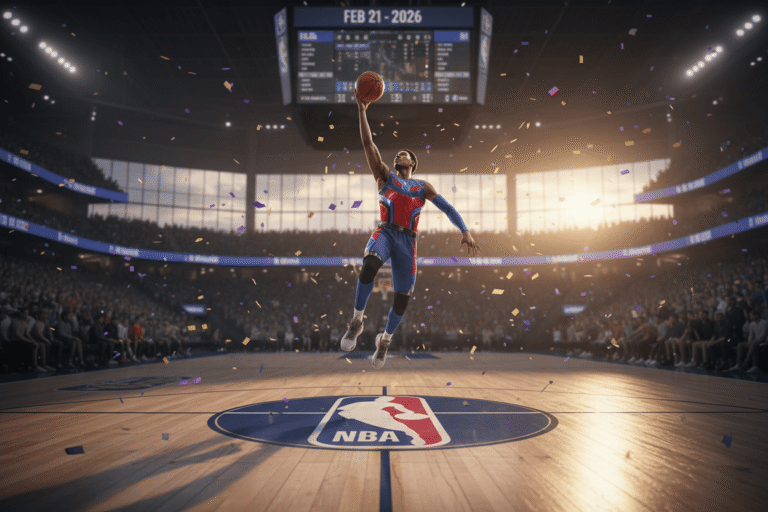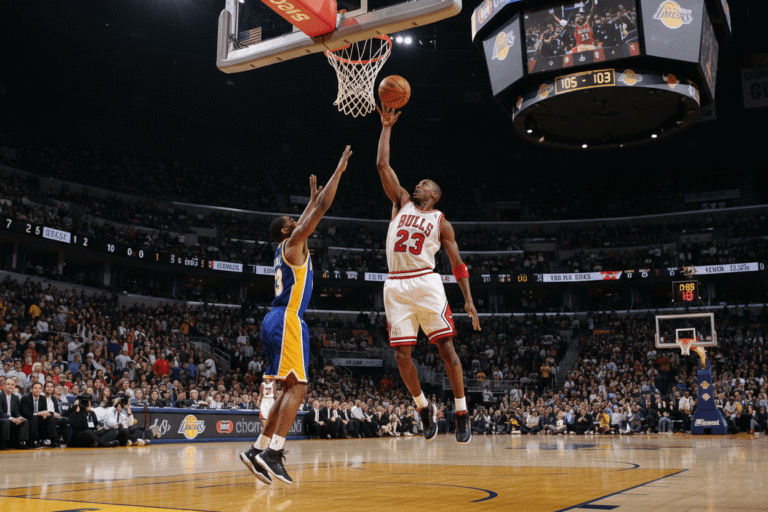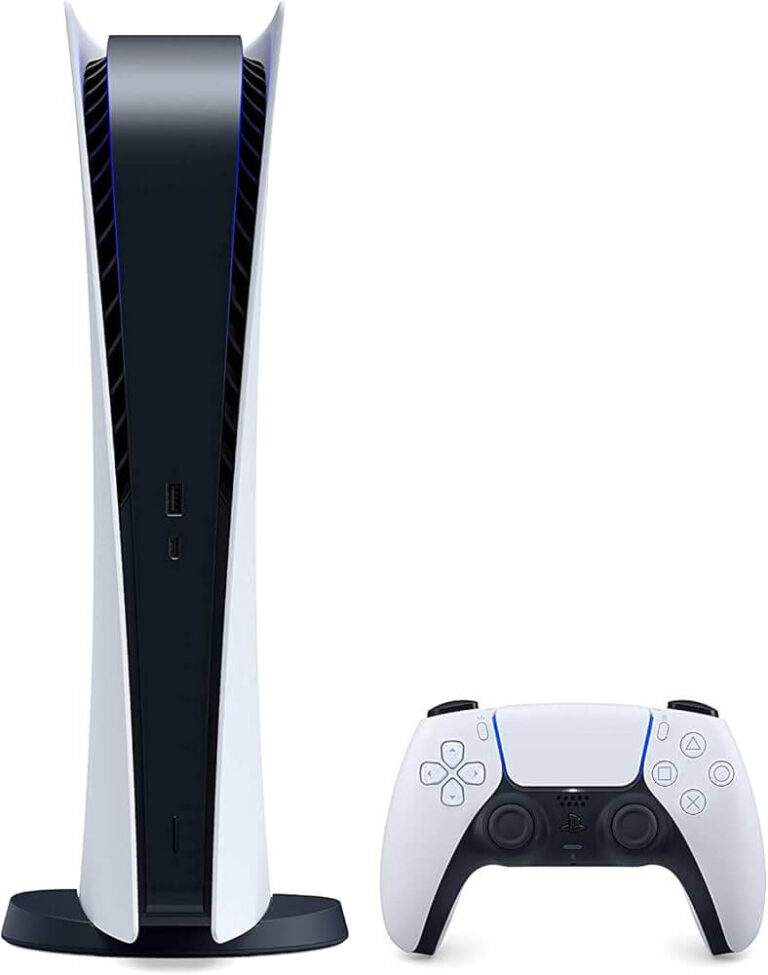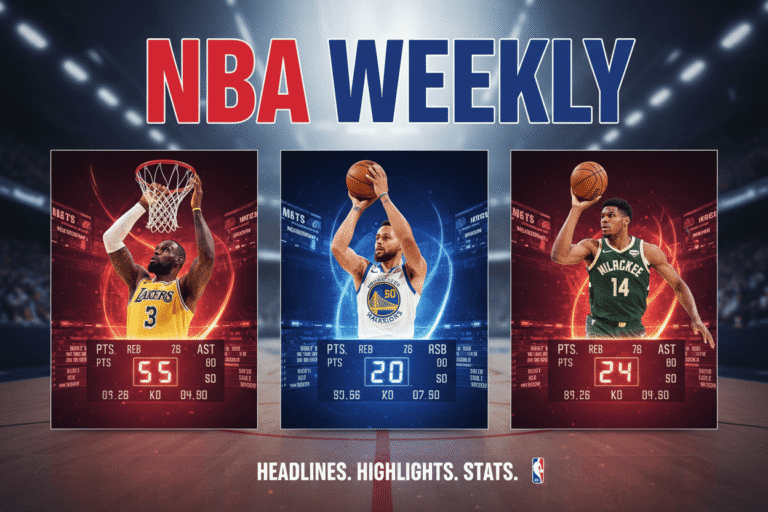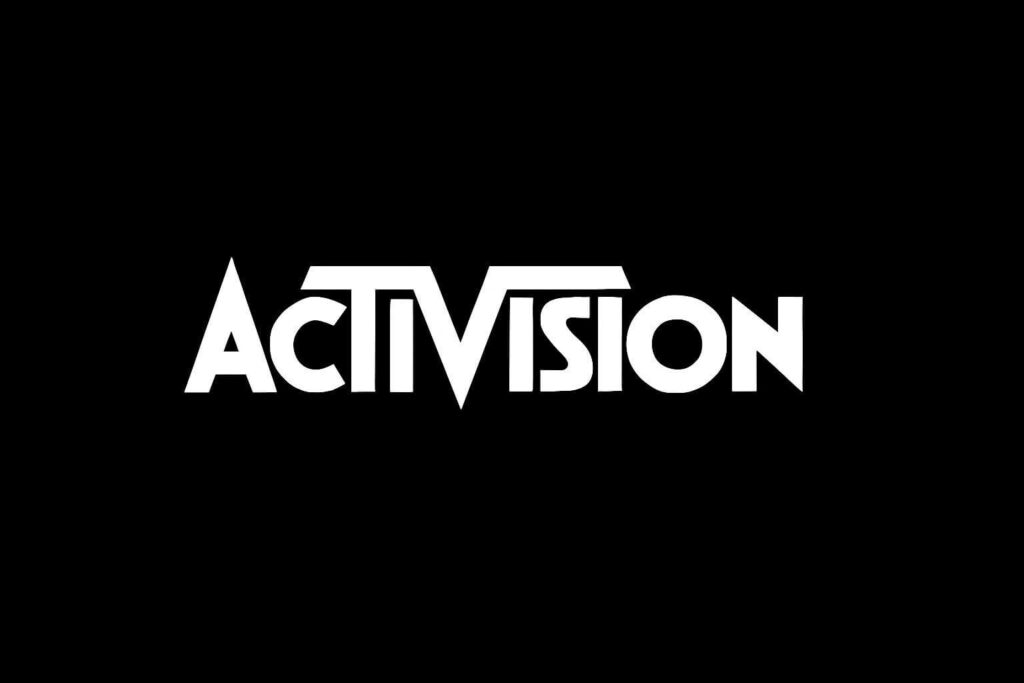
Activision just reshuffled the deck. The company is not only pushing new content but also adjusting its long-term direction. The latest update didn’t arrive quietly. It came with a bang—and a few silent nods behind closed doors.
Call of Duty remains the crown jewel. But this year’s update feels different. It’s faster. Leaner. And a bit bolder. The Warzone engine now runs smoother across consoles. Frame drops and load delays have been reduced. New maps add vertical depth, with rooftop fights and hidden entry points.
Multiplayer lobbies got an overhaul. The UI is tighter. Matchmaking is more skill-based. Even the announcer voice packs have been refreshed. Everything feels fresh—but familiar.
The Activision Latest Update Also Touches the Business Side
Activision isn’t just tweaking games. It’s adjusting its business focus. Quietly, teams behind secondary projects are being restructured. Some developers moved into core CoD support roles. Others shifted to mobile production pipelines.
One of the biggest surprises is a shift in how the company approaches seasonal updates. Instead of big, bulky downloads, they’re breaking them into micro-patches. These install faster and affect gameplay immediately. Players see faster results. Fewer crashes. Less lag.
And then there’s AI. Behind the scenes, Activision is testing machine learning to spot cheaters. Not just bots, but repeat offenders who ruin games. The system learns from player reports and in-game patterns. Early tests show promise.
The company is also eyeing cloud delivery. In certain regions, players can now stream limited versions of their games before full download. It’s experimental. But it shows where things are heading.
Beyond the Guns: New Worlds Are in Play
Yes, Call of Duty still dominates. But Activision wants more than just bullets and loadouts. Their Blizzard segment is heating up again. New content teased for fantasy and sci-fi titles shows they’re not done exploring different genres.
A new mobile strategy game is in soft launch. It blends fantasy elements with light tower defense. And it’s not using any known franchise. It could signal the start of something original.
Meanwhile, the team behind classic rhythm and sports games is working quietly. Rumors hint at a possible revival of a music-based franchise with co-op multiplayer support. It’s nostalgic but aimed at modern devices.
Even internal tools have improved. Level designers now use faster real-time editing kits. This means more frequent map refreshes. Beta testers get hands-on months earlier. Development cycles shorten, and creativity speeds up.
Activision is treating its development process like a live platform. Everything gets monitored. Metrics, heatmaps, crash logs. If something breaks, it gets fixed within days—not months.
Activision’s Growth: A Market Force to Watch
Activision is a giant. Its parent company’s market value floats in the multi-billion range. And with the merger recently finalized, it now sits under a global tech titan. That brings more stability, but also bigger expectations.
Revenues this year look strong, driven by mobile, microtransactions, and live events. Warzone’s in-game store saw a spike during seasonal bundles. Operators, skins, and event passes pulled in huge numbers. But surprisingly, legacy content also made money. Bundles from past seasons were brought back. Nostalgia sells—and Activision knows it.
Other key titles like Diablo, Overwatch, and Candy Crush still hold market share. Their updates follow slower cycles, but the fan bases remain loyal. The goal now is to link these games together—through crossover events, platform bundles, and unified reward systems.
It’s clear the company wants to blend entertainment with ecosystems. Less about standalone titles. More about keeping players inside the Activision universe—across devices and genres.
Where It’s All Heading
The Activision latest update tells a bigger story. It’s not just content drops and balance patches. It’s a shift in how the company views itself. Faster updates. Stronger anti-cheat. Cloud tests. Cross-platform dreams.
Players may only notice smoother gameplay or a cool new skin. But under the surface, things are changing fast. Activision is preparing for something bigger. It’s not just evolving games. It’s evolving how games are made, delivered, and played.
The storm has started. The studio isn’t just chasing trends—it’s setting the stage for the next wave of interactive entertainment.
